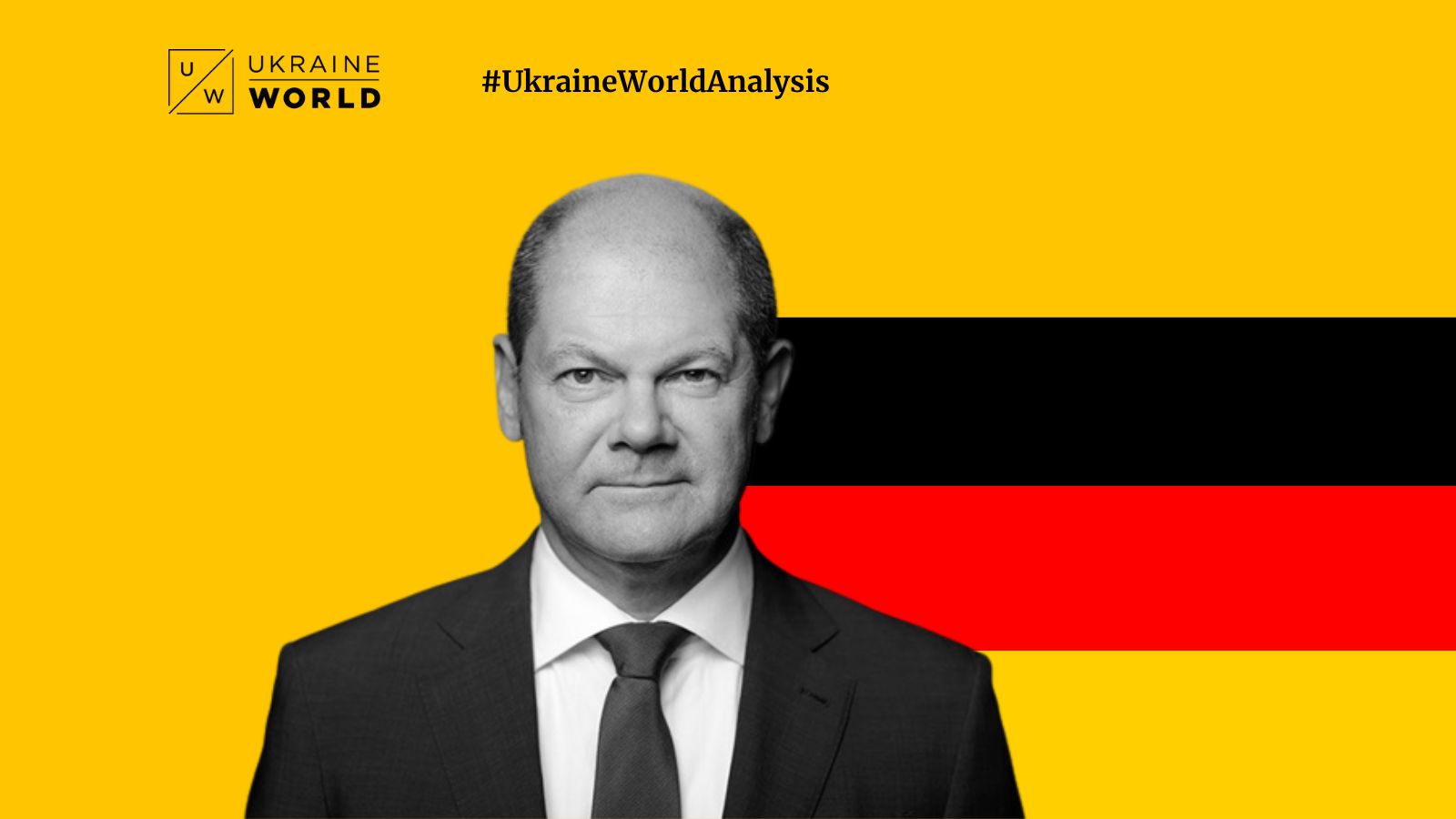UkraineWorld spoke to Andreas Umland, analyst at Stockholm Centre for Eastern European Studies.
Key points – in our brief, #UkraineWorldAnalysis:
1. On why Scholz is delaying German support
- One approach to understanding the German behavior in the Russia-Ukrainian war is to see it as representative of a more general problem. Participating in this kind of military conflict is a new field of foreign policy for Germany. Until February 2022, German foreign policy was mainly focused on diplomacy, developmental projects, cultural exchange, and economic investments. The German government is so slow in dealing with this war in Europe as it has no recent tradition or developed mechanisms for managing this kind of situation. For this new challenge, it is looking for guidance from other countries.
- A second approach is more specific. The German public is divided on how far support for Ukraine should go. There exists a fear that the Germans could be dragged into the war, and Russia's rhetoric plays on this fear. Another aspect is the nature of German foreign policy culture, namely that it is prone to appeasement and escapism. Germany is located in an exceptionally secure, cooperative, and peaceful European region, and many Germans thus do not understand world politics or even want to. People are not able or willing to comprehensively analyze the realities of international war and national security.
2. On why getting off the needle of Russian gas took so long
- One reason was that Germany's economic elite (and a good portion of their retired political elites) made money on cheap Russian gas. Russia covered initial investment costs for its gas pipelines. There was thus a powerful lobbying force standing behind their energy projects.
- These projects were also driven by the assumption that economic ties with Russia would pacify Putin and promote peace in Europe. There was the erroneous presumption that such business projects were not tied up with political issues.
3. On the need for de-Stalinization of Russia
- There is a need for de-Stalinization and "de-imperialization" of Russia. In Germany, such concepts would be easier accepted than rhetoric about denazification of Russia. The Tsarist, Bolshevik and Stalinist imperial tradition has to be broken via lustration, reparation, and re-education.
4. On Germans' views on of Merkel's politics
- The German expert community today is expressing greater and greater critique of Merkel. Over the 16 years of her reign, she could not make up her mind between two strategies: either modernize Russia with a modernization partnership while at the same time including countries like Ukraine and Georgia into NATO, or exclude Ukraine and Georgia from NATO but then help these and other countries to modernize their countries and especially their armies. She closed the door to the former colonies of the Russian empire, and helped the imperial center to prepare itself for war. That rather contradicts Merkel's image as a wise stateswomen.
DARIA SYNHAIEVSKA, ANALYST AND JOURNALIST AT UKRAINEWORLD
Andreas Umland, analyst at Stockholm Centre for Eastern European Studies
This material was prepared with financial support from the International Renaissance Foundation.

